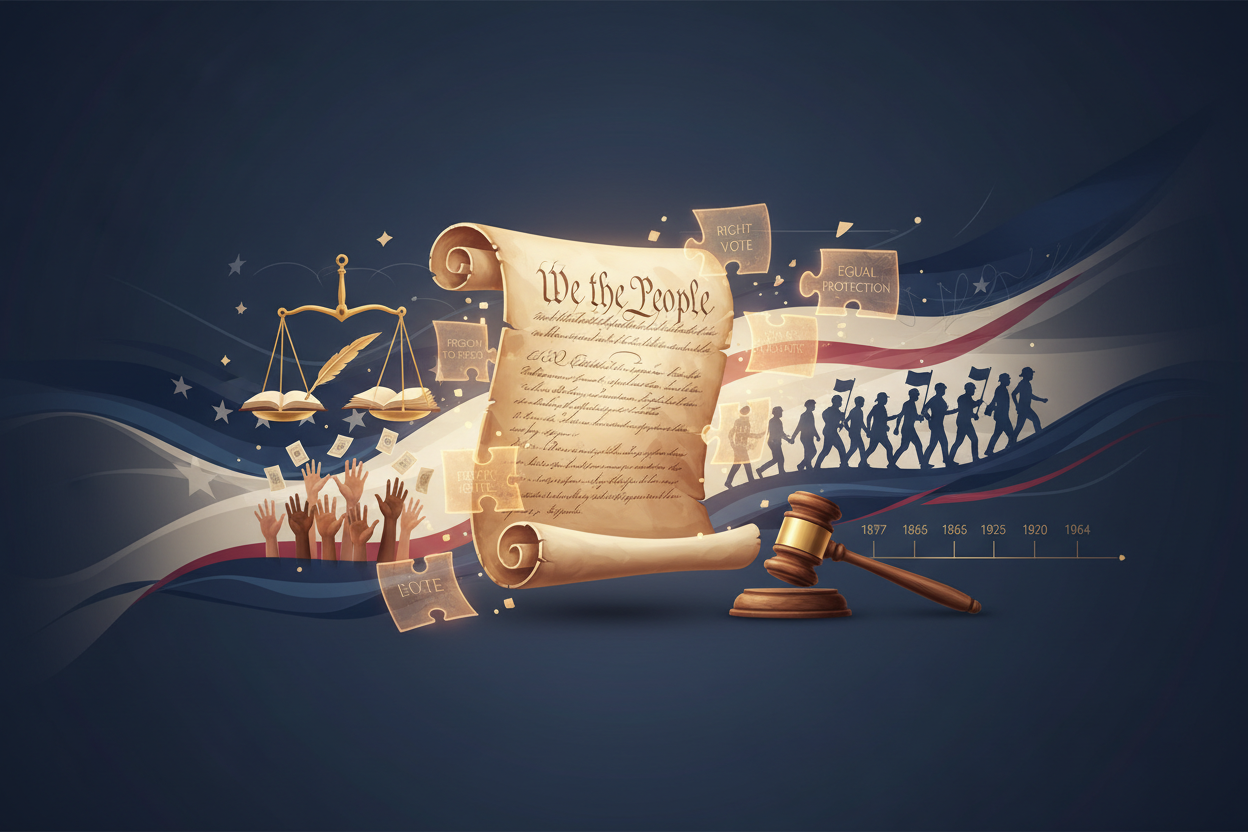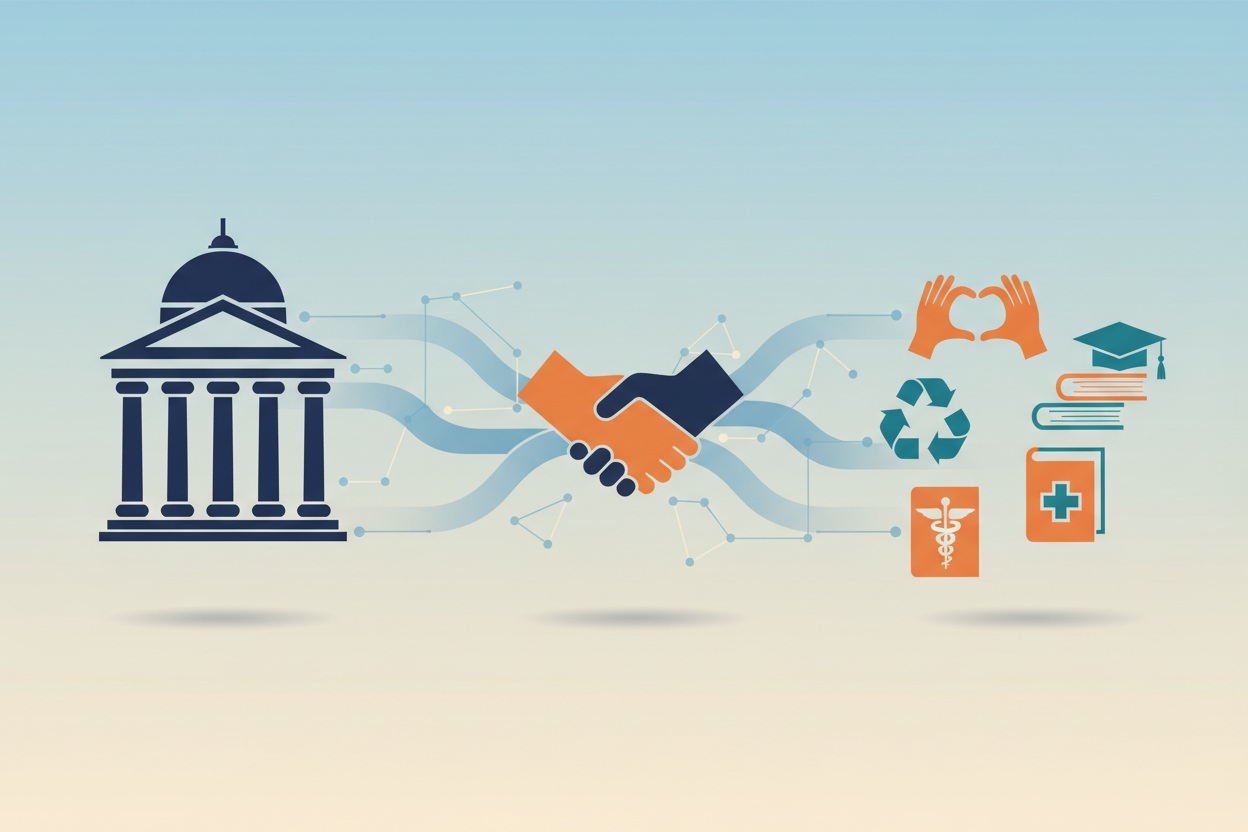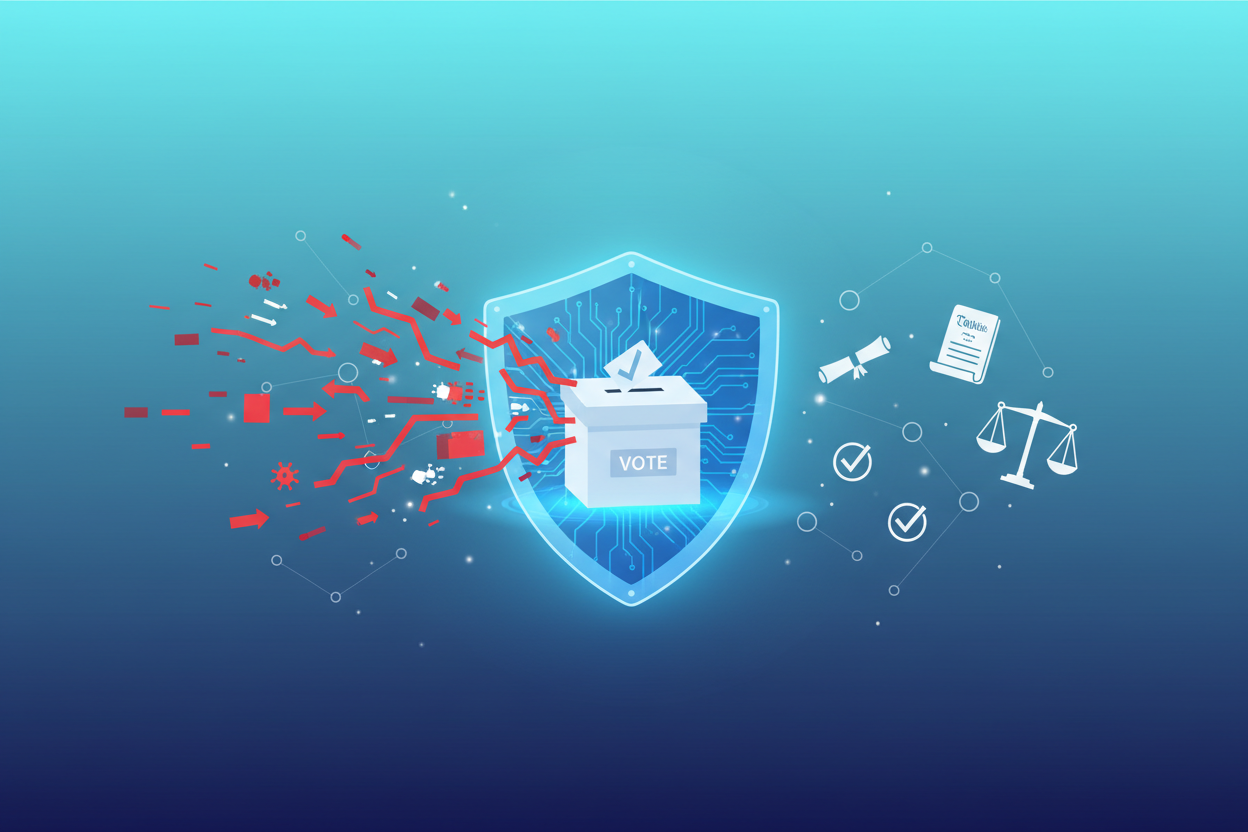Famous Historical Figures and the Scandals They Were Involved In
History is filled with fascinating personalities who have shaped the course of humanity. However, many of these influential figures were also embroiled in scandals that have become an indelible part of their legacy. In this blog post, we’ll delve into some of the most famous historical figures and the scandals that surrounded them, examining how these events influenced their lives and reputations. From political intrigue to personal indiscretions, these stories offer a glimpse into the complexities of human nature and the power of public perception.
Table of Contents
- Julius Caesar and the Ides of March 🗡️
- Marie Antoinette and the Diamond Necklace Affair 💎
- Richard Nixon and the Watergate Scandal 🏛️
- Bill Clinton and the Monica Lewinsky Scandal 💼
- Conclusion
- FAQ
Julius Caesar and the Ides of March 🗡️
Julius Caesar, a pivotal figure in Roman history, was not only a military genius but also a controversial political leader. His ambition and reforms earned him both admirers and detractors. The scandalous event surrounding Caesar is his assassination on the Ides of March in 44 BC. This conspiracy involved multiple senators, including his close friend Brutus, who believed Caesar’s power threatened the Republic. The assassination was not just a political maneuver but a scandal that rocked Rome, leading to a series of civil wars and the eventual rise of the Roman Empire.
Marie Antoinette and the Diamond Necklace Affair 💎
Marie Antoinette, the last Queen of France before the French Revolution, is often remembered for her extravagance and the phrase “Let them eat cake,” which she likely never said. One of the most notorious scandals linked to her was the Diamond Necklace Affair, which tarnished her reputation. The affair involved a fraudulent scheme by con artists, including Jeanne de La Motte, to acquire a luxurious diamond necklace in the Queen’s name without her knowledge. Although Marie Antoinette was innocent, the scandal fueled public discontent against the monarchy and contributed to the revolutionary fervor.
Richard Nixon and the Watergate Scandal 🏛️
The Watergate Scandal remains one of the most significant political scandals in American history. It involved President Richard Nixon’s administration’s attempt to cover up its involvement in the break-in at the Democratic National Committee headquarters at the Watergate office complex. The scandal led to the discovery of multiple abuses of power by the Nixon administration, resulting in the resignation of Richard Nixon in 1974. This scandal not only altered the public’s trust in government but also led to reforms designed to increase transparency and accountability in political processes.
Bill Clinton and the Monica Lewinsky Scandal 💼
In the late 1990s, President Bill Clinton found himself at the center of a scandal involving an extramarital affair with White House intern Monica Lewinsky. The affair and subsequent cover-up attempts led to Clinton’s impeachment by the House of Representatives on charges of perjury and obstruction of justice. Although he was acquitted by the Senate, the scandal had a lasting impact on Clinton’s presidency and the nation’s political landscape. This event highlighted the intense scrutiny public figures face and sparked debates over privacy, morality, and media influence.
Conclusion
Scandals have always played a role in shaping public perception of historical figures. Whether through betrayal, deceit, or personal failings, these events often reveal the vulnerabilities and complexities of those in power. While some scandals have led to downfall and disgrace, others have prompted significant changes in society. Understanding these stories helps us appreciate the intricate tapestry of history and the enduring impact of human actions.
FAQ
1. Why do historical figures often get involved in scandals?
Scandals often arise from the complex nature of power, ambition, and human fallibility. Those in influential positions frequently face intense scrutiny, making their personal and political missteps more visible and impactful.
2. How do scandals affect the legacy of historical figures?
Scandals can significantly impact a historical figure’s legacy, often overshadowing their achievements. They can alter public perception, influence historical narratives, and sometimes lead to systemic changes or reforms.
3. Can scandals lead to positive changes in society?
Yes, scandals can sometimes lead to positive changes. They can expose underlying issues, prompt public discourse, and lead to reforms that address the root causes of misconduct or systemic failures.
4. Are all scandals rooted in political contexts?
No, scandals can stem from various contexts, including personal indiscretions, economic fraud, and cultural controversies. However, political scandals often gain more attention due to their broader societal implications.
5. How do modern media play a role in historical scandals?
Modern media can amplify the reach and impact of scandals, shaping public opinion and influencing historical narratives. The immediacy and pervasiveness of media coverage today mean scandals can quickly escalate and have far-reaching consequences.





Leave a Reply
You must be logged in to post a comment.